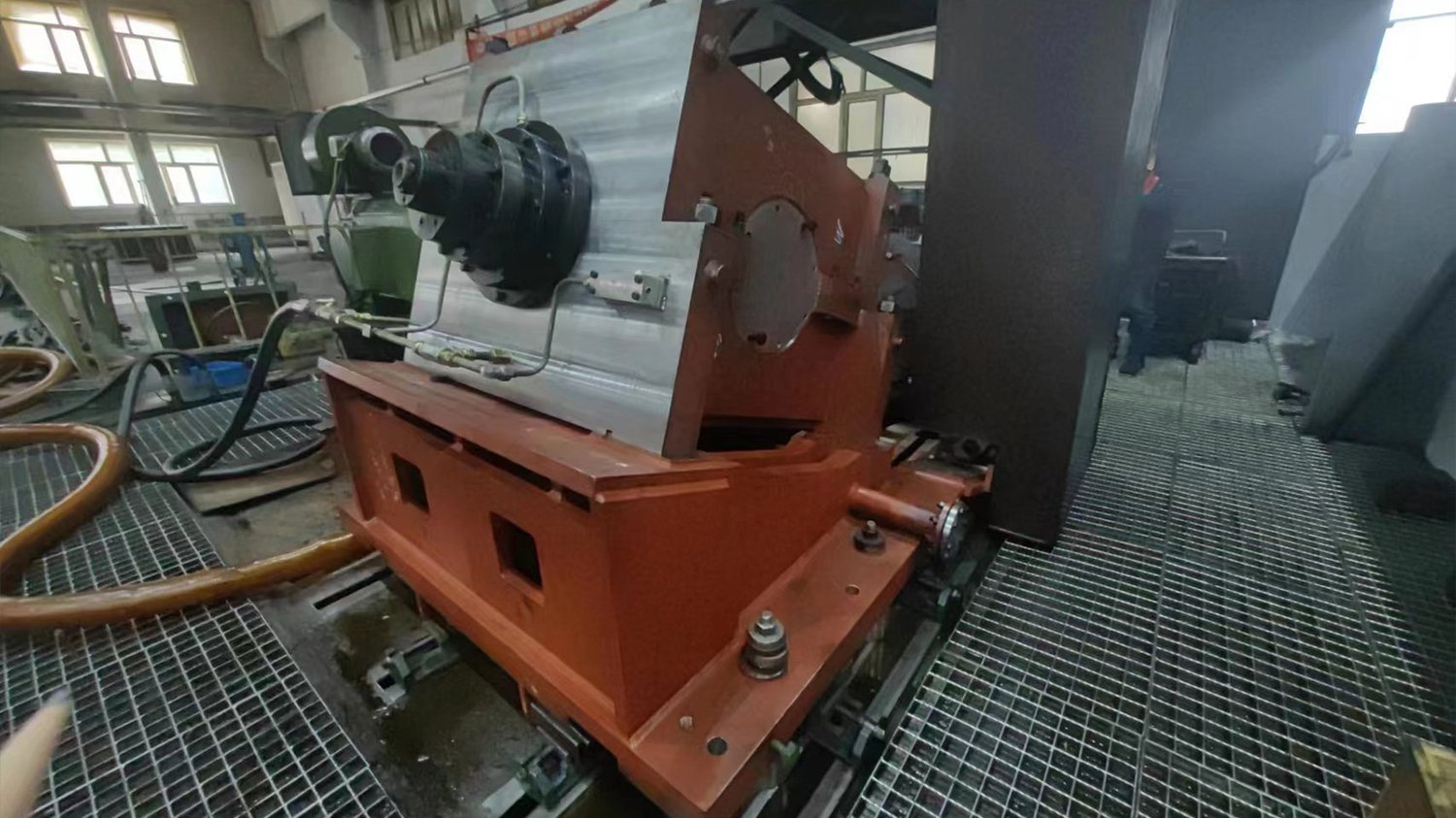Introduction: Steel rolling mills have played a crucial role in shaping the modern world by supplying the essential building blocks for infrastructure development and industrial growth. These dynamic manufacturing facilities have revolutionized the production of steel, enabling the creation of diverse products used in construction, transportation, energy, and countless other sectors. In this blog, we will explore the significance of steel rolling mills in driving industrial progress and the ways in which they contribute to the development of robust economies.
- Meeting the Demands of Infrastructure Development: 1.1 Construction Industry: Steel rolling mills are instrumental in meeting the ever-increasing demands of the construction industry. They produce a wide range of steel products, including beams, columns, plates, and reinforcing bars, which form the backbone of modern structures such as buildings, bridges, and highways. The high strength, durability, and versatility of steel make it an ideal material for constructing safe, resilient, and sustainable infrastructure.
1.2 Transportation Sector: Steel rolling mills provide the essential components for transportation infrastructure. They produce steel sheets for automotive bodies, railway tracks, and shipbuilding, as well as structural sections used in bridges, tunnels, and airports. The lightweight yet strong properties of steel contribute to fuel efficiency, load-bearing capacity, and overall safety in transportation systems.
- Driving Industrial Growth: 2.1 Machinery and Equipment Manufacturing: Steel rolling mills supply the steel required for manufacturing machinery and equipment across various industries. From agricultural machinery to industrial machinery, steel forms the structural framework, gears, shafts, and other critical components. The consistent availability of high-quality steel enables efficient production processes and fosters industrial growth.
2.2 Energy and Power Generation: The energy sector heavily relies on steel rolling mills for the production of pipes, tubes, and other components used in oil and gas pipelines, power plants, and renewable energy infrastructure. Steel's excellent resistance to corrosion, high-temperature properties, and strength make it indispensable for the reliable transmission of energy resources and the construction of power generation facilities.
-
Economic Impact and Employment Opportunities: Steel rolling mills make significant contributions to national and regional economies. Their operations generate employment opportunities for skilled workers, engineers, and support staff, creating a ripple effect that positively impacts local communities. Moreover, the demand for steel products drives downstream industries, supporting a diverse supply chain and fostering economic growth.
-
Technological Advancements: 4.1 Research and Development: Steel rolling mills are at the forefront of technological advancements in metallurgy and engineering. Continuous research and development efforts enable the production of high-performance steels with improved mechanical properties, enhanced corrosion resistance, and increased sustainability. These advancements pave the way for innovative applications in emerging sectors and promote overall industrial progress.
4.2 Digitalization and Smart Manufacturing: Steel rolling mills embrace digitalization and smart manufacturing practices to optimize production processes and enhance operational efficiency. Advanced data analytics, Internet of Things (IoT) sensors, and machine learning algorithms enable real-time monitoring and predictive maintenance, ensuring smooth operations, reducing downtime, and improving product quality.
Conclusion: Steel rolling mills serve as the backbone of industrial growth and infrastructure development. Through their production of high-quality steel products, these mills enable the realization of ambitious construction projects, power generation facilities, transportation systems, and manufacturing operations. As technology continues to advance, steel rolling mills will play an even more vital role in shaping our world, providing the foundation for sustainable economic development and a prosperous future.

